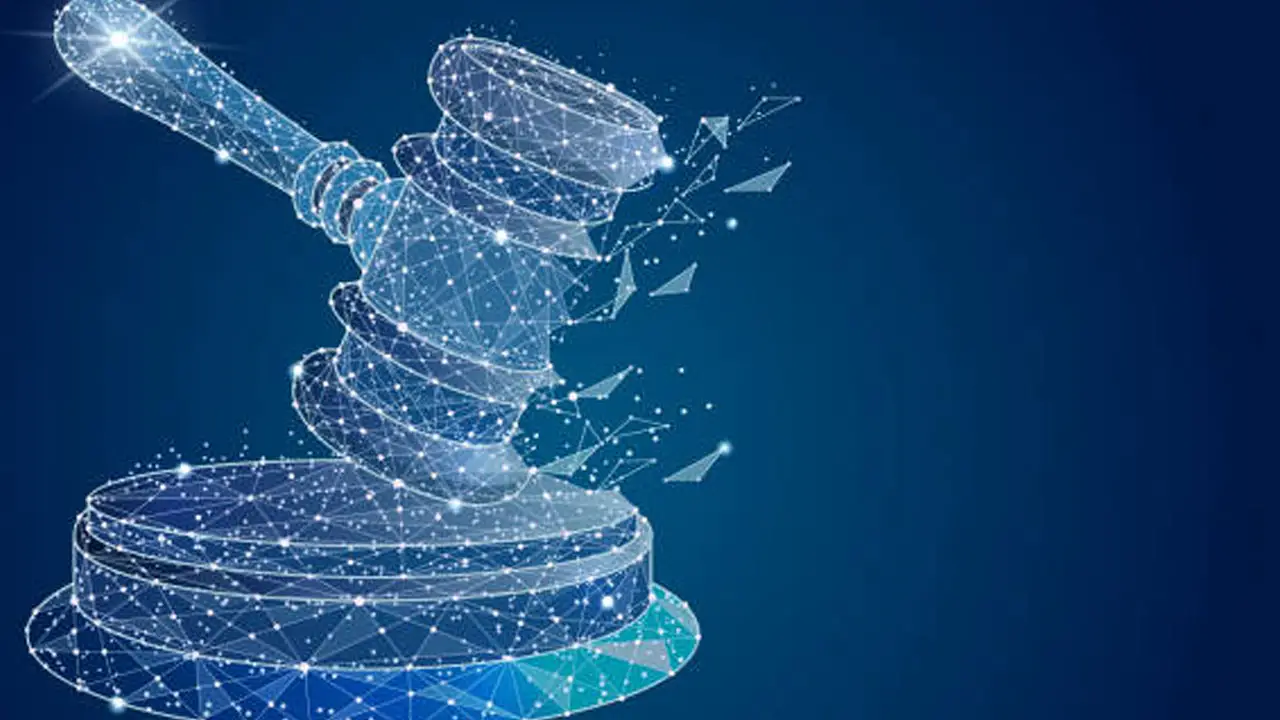Understanding the DOT Regulatory Framework
In the complex world of business, mastering the Department of Transportation (DOT) regulations is a crucial aspect. These regulations cover safety, operational, and compliance standards, ensuring the secure and efficient movement of goods and people. This guide provides insights into best practices for strategic compliance with DOT regulations.
Dive into Industry-Specific Regulations
To successfully navigate DOT regulations, businesses must delve into industry-specific guidelines. The DOT prescribes distinct regulations for various transportation modes: air, rail, road, and water. Staying abreast of applicable regulations is vital for compliance and avoiding legal pitfalls. Regularly check for updates and changes to stay informed.
Additional Regulations: A Cautionary Note
Certain industries may be subject to extra regulations from other governing bodies. For instance, the Federal Motor Carrier Safety Administration (FMCSA) mandates registration and obtaining a USDOT Number for businesses engaged in interstate transportation. Thorough research is imperative to ensure full compliance.
Thorough Review of DOT Regulations
A comprehensive review of all applicable DOT regulations is non-negotiable, especially for businesses operating in multiple transportation modes. Whether managing commercial vehicles or trains, compliance with both FMCSA and the Federal Railroad Administration regulations is mandatory.
Attention to Detail: The Role of Vinyl Decals
Attention to detail is critical. Ensure that DOT vinyl decals on vehicles or equipment comply with regulations. These decals must display accurate and up-to-date information prominently. Drivers should be able to present inspection reports as needed. Regularly check the condition and proper display of decals.
Employee Training: A Pillar of Compliance
Employee training plays a pivotal role in DOT regulations compliance. It’s not just about rules; it’s about instilling a safety culture within the organization.
Key Training Considerations
- Develop comprehensive training programs covering all relevant DOT regulations.
- Incorporate practical scenarios for better understanding.
- Regularly update training content to reflect regulation changes.
- Include training in onboarding for new hires and refresher courses for existing employees.
- Invest in tools for easy reference to regulations.
- Encourage open communication for reporting violations or concerns.
Regular Audits and Inspections: Proactive Compliance
Regular audits and inspections are essential to identify and rectify potential issues promptly. Areas of focus include vehicle maintenance, driver qualifications, drug testing programs, and insurance coverage.
Proactive Auditing
The Department of Transportation conducts regular audits, with companies having significant violations facing higher risks. Proactive auditing is crucial to prevent penalties and ensure ongoing safety compliance.
Safety and Training Prioritization
Prioritizing safety and training is paramount for businesses navigating DOT regulations. Implementing best practices, reviewing and updating strategies regularly, and investing in safety training reduce accident risks and enhance compliance.
Leveraging DOT’s HP-SET Grant Program
The DOT’s High Priority Safety Enforcement Training (HP-SET) Grant Program offers funding for motor carrier safety training. This resource is valuable for training non-federal employees involved in CMV enforcement tasks.
Stay Informed: Monitor Updates and Releases
Remaining informed about the latest DOT updates is vital for sustained compliance. Adopt practices to stay current with regulatory changes.
Best Practices for Staying Informed
- Regularly check the DOT website for updated information and resources.
- Follow DOT social media channels for real-time updates.
- Set up Google Alerts for relevant keywords and industry-specific news.
- Engage with industry associations for insights and perspectives.
- Consult with experts for guidance on complex regulations.
Navigate with Confidence
Adhering to DOT regulations is a cornerstone for success in the transportation industry. It ensures safety, builds trust, and avoids penalties. Continuous training and staying updated are not just about rules; they’re about safeguarding your business and its people. Master DOT regulations to steer your way to compliance and success.

